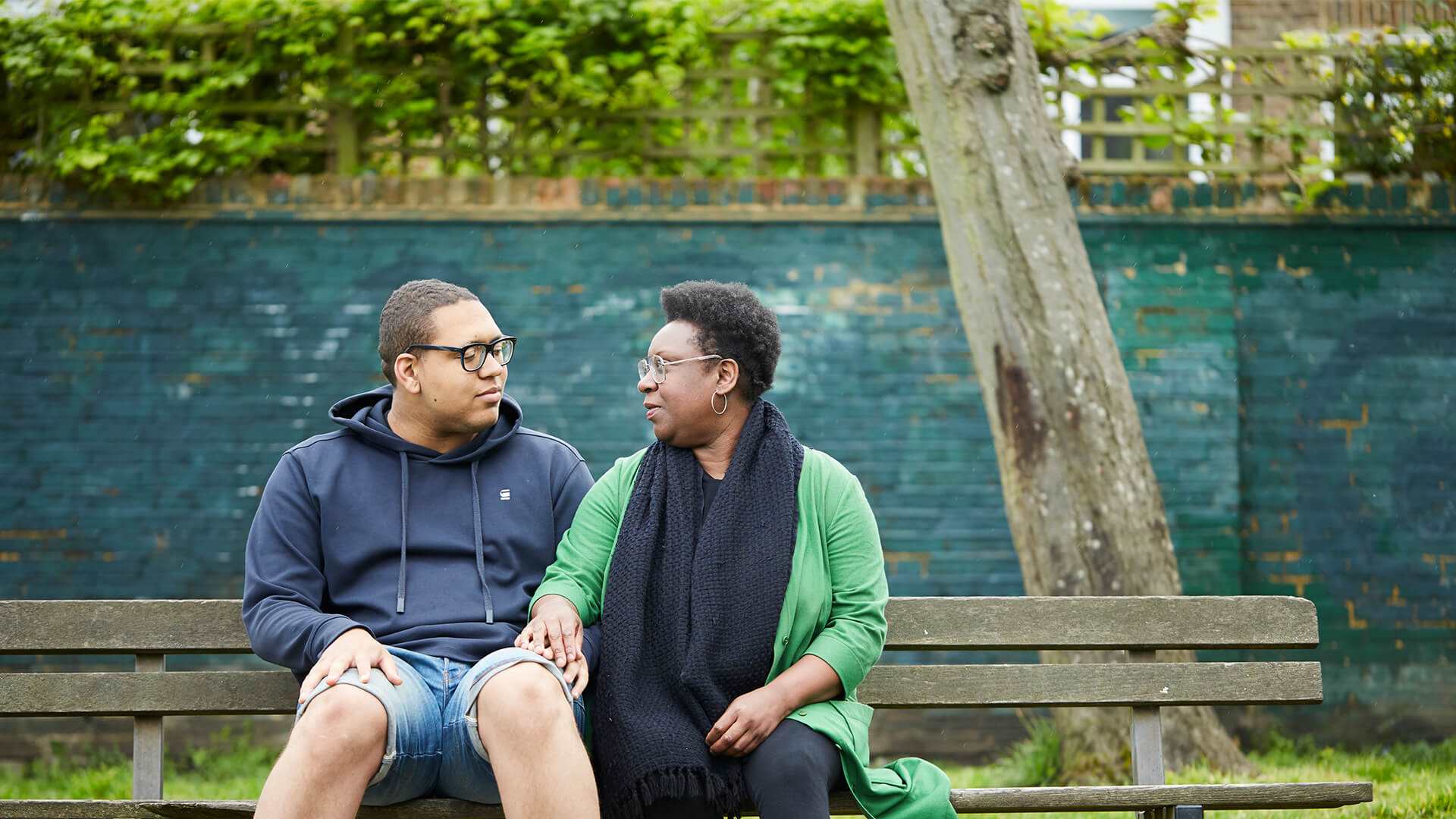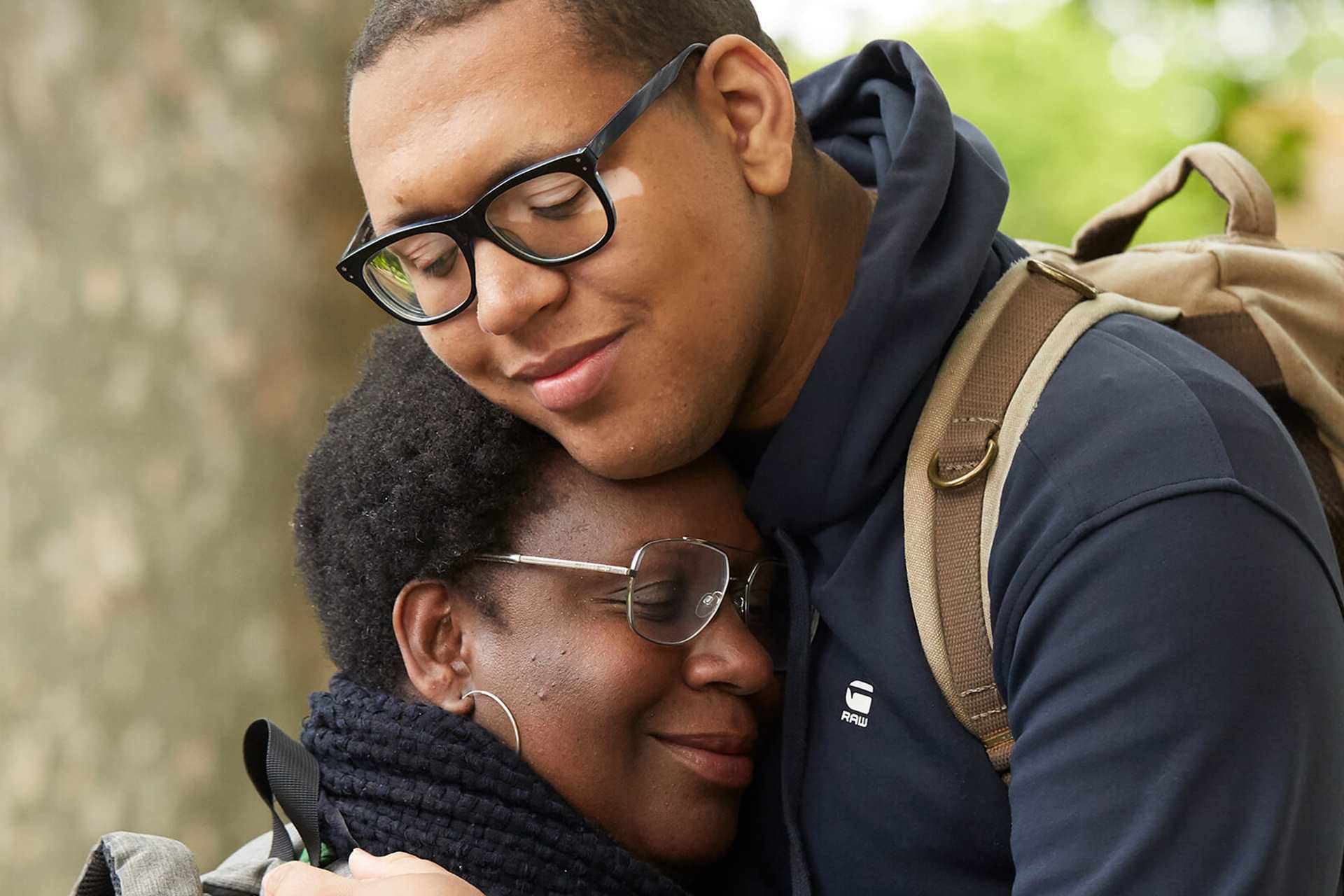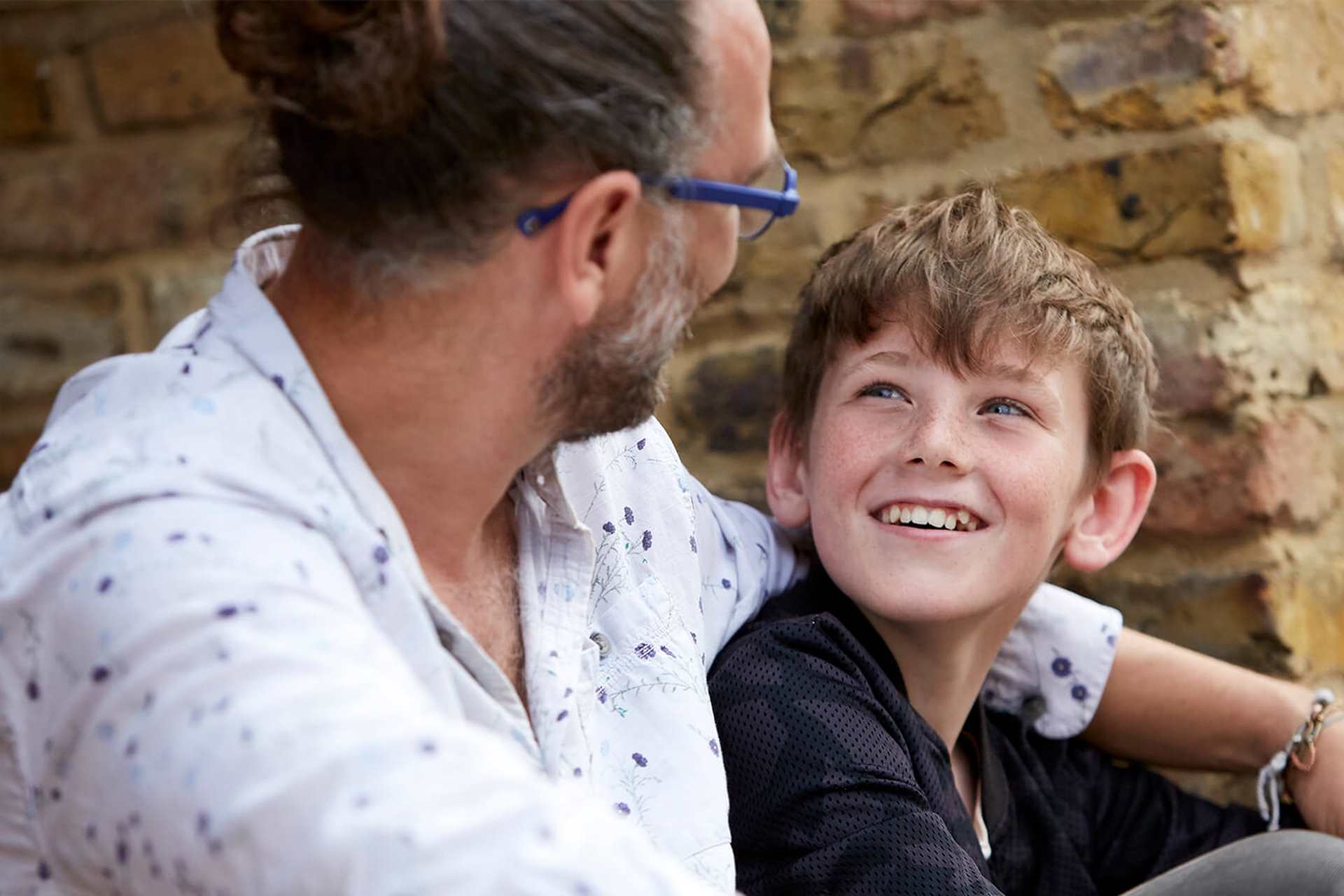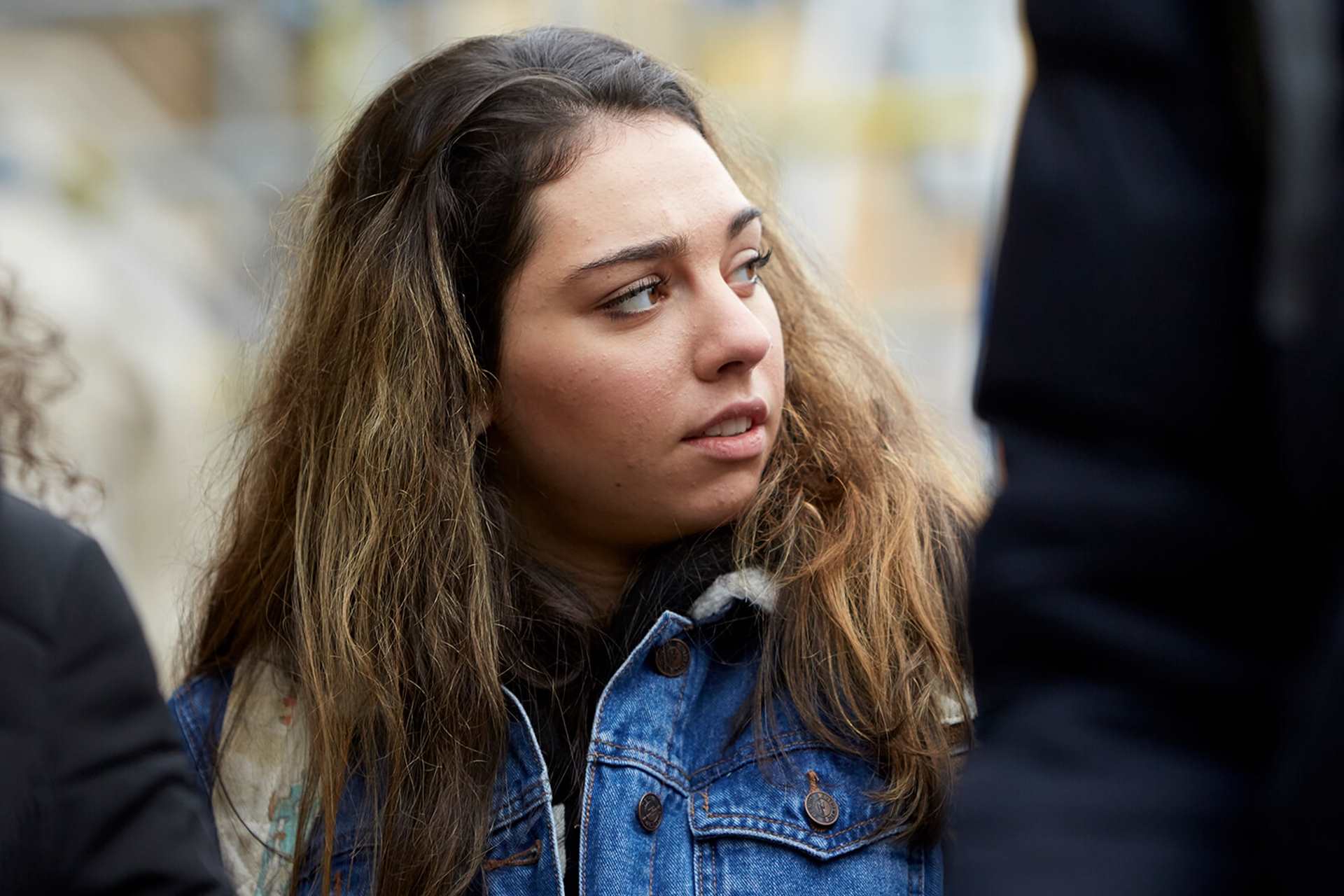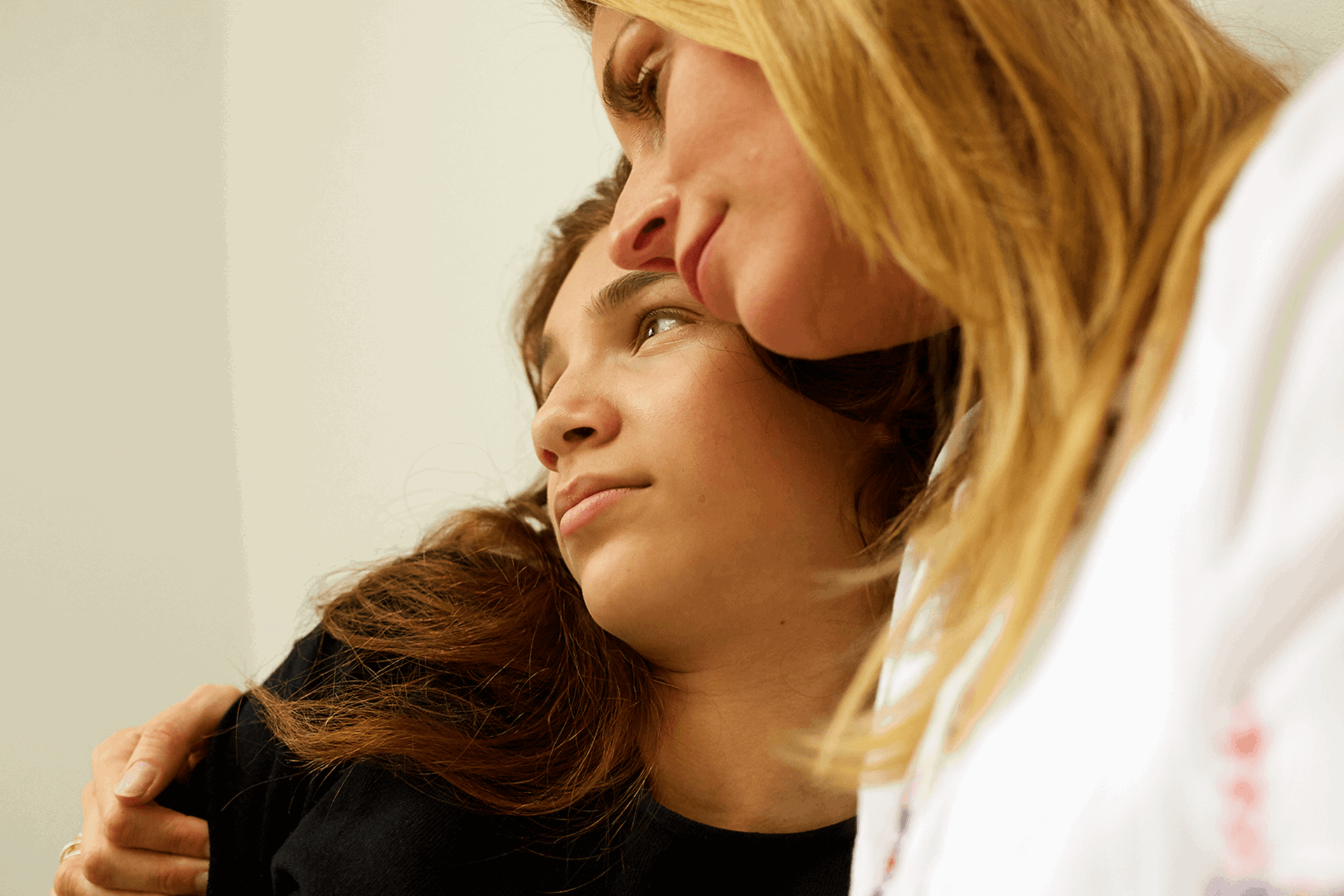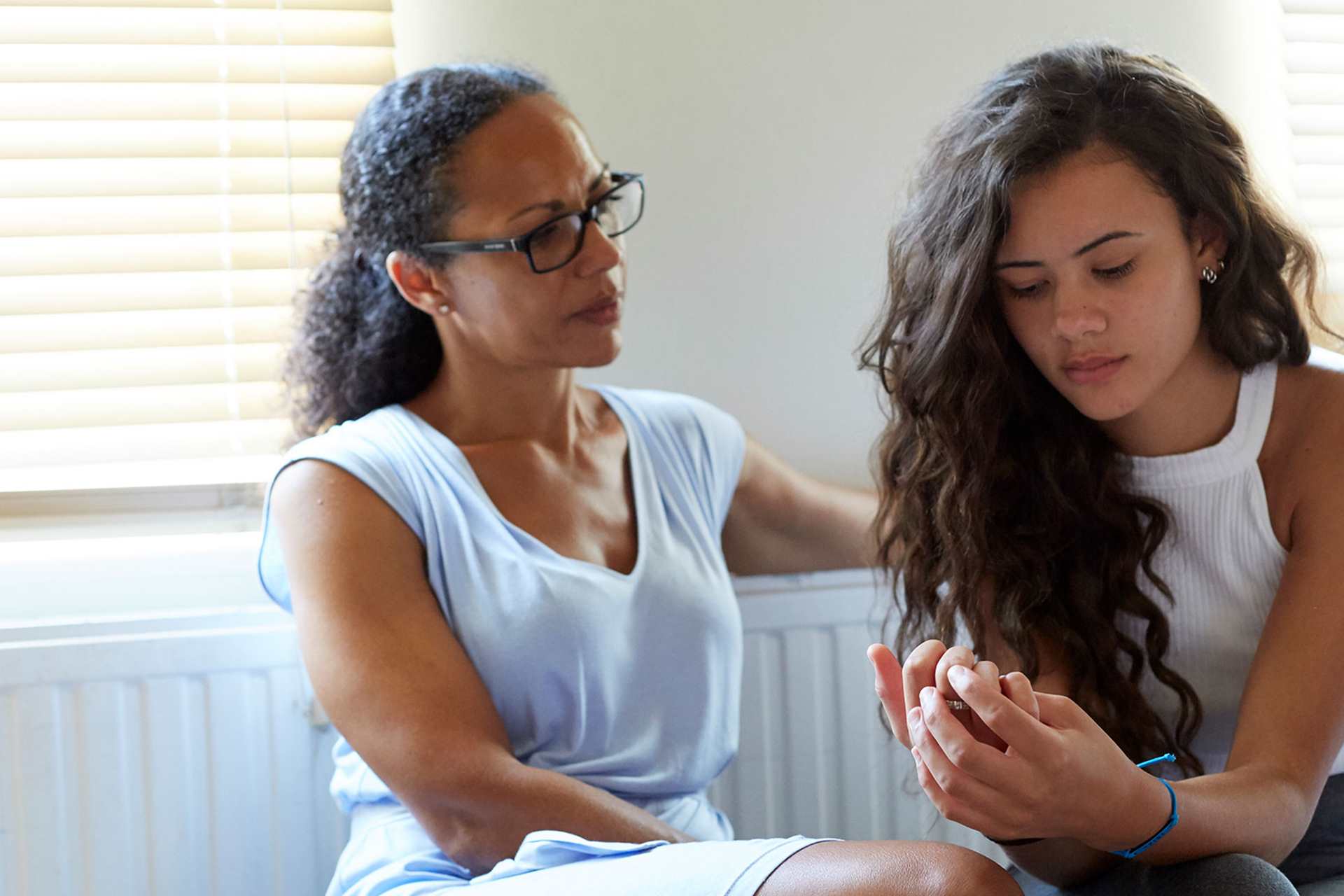My parenting journey has been varied and challenging. From the moment you learn you’re going to be someone’s mother, you change – you transcend from all the experiences that have formed you into a person to those traits that come out when you become a parent. And you learn that not all your perks and quirks are good parenting material.
I found I was putting too much pressure on myself and my son to be an ideal parent. An ideal parent in the eyes of other people like my mum, or the eyes of the Catholic community. I was the youngest of seven, and brought up brought up by mature Irish Catholic parents. I believed that because I did as I was told that my son would too.
Shifting pressures
And he did his best to appease me – until his safe world shattered when he was 8. His father left us when his brother was 6 weeks old and his sister was 3. My son became “the man of the house” then, coping with his own spiralling anxiety and having a mum who was facing her own mental health challenges.
I didn’t know then that a lot of my son’s emotional outbursts were down to anxiety – I was only seeing the impact his behaviour was having on me. I didn’t know how to support him.
And when I look back, I don’t think I knew that I had to support him. I thought his behaviour needed punishment and consequences. I put this down to the shadows of my upbringing repeating in my parenting and no support for me as a parent at that time. I didn’t know that there could even be support out there.
I didn’t know how to support him. And when I look back, I don’t think I knew that I had to support him.
Not knowing where to turn
By the time I became aware of any support systems it was because we had been flagged up by my son’s school: he was using and selling a wide variety of drugs by 15. As the arrests became more frequent, we were introduced to external support systems such as the youth justice team, and ‘team around the family’, which is a notch below social services.
Our situation got hellishly worse before it got better. I watched my son become a complete stranger, someone who scared me and that I couldn’t have live with me and my two younger children. There were tears, pain, rejection, fear, shame and disbelief. He lived in care post-16, and was put on a criminal exploitation plan to try and save him from the world he was part of.
I lost two of my older siblings during this time too and had to leave work, sending us into further poverty. My son came back to me out of care and for about a year would sleep for around 18 hours a day, recovering from the episode he went through. There were times when I felt like “abandoning my cross” as the load seemed too heavy to carry. I would go to my church and light a candle and ask God for the strength to keep going.
Getting support
I was invited by the school to go to parenting class, and during those weekly meets I learned a lot. It was a council run course called Take 3, which was on for 8 weeks. I learned that my son was not a problem that needed to be fixed, and we learned about controlling our own emotions and responses to our child’s behaviour.
I wish I had gone on that course years before. It would have prevented me adding to the problem. As parents, we began to feel a lot better around others going though similar challenging times. We felt less alone, and more able to face our parenting challenges together.
I decided to apply to become a voice on the YoungMinds parenting panel to share our experience with other parents who may be going through some tough times. To offer hope and support so we can all face the challenges of parenting together. You’re not alone.
Áine is part of the YoungMinds Parent Panel, which uses insights from parents and carers to inform our service development, organisational policy, and support we offer to families so more young people can access the support they need when they need it.
Useful helplines and websites
-
YoungMinds Parents Helpline
We support parents and carers who are concerned about their child or young person's mental health. We can provide detailed information and advice, emotional support and signposting.
You can speak to us over the phone or chat to us online. When we’re closed, you can still leave us a message and we'll get back to you in 3-5 working days.
- Opening times:
- 9.30am-4pm on Mondays, Thursdays and Fridays; 9.30am-6pm on Tuesdays and Wednesdays
-
Frank
Provides honest information about drugs and alcohol.
Live chat service also available (2pm - 6pm, 7 days a week).
Find information on accessibility, confidentiality and cost.
- Opening times:
- 24/7
Spread the word
